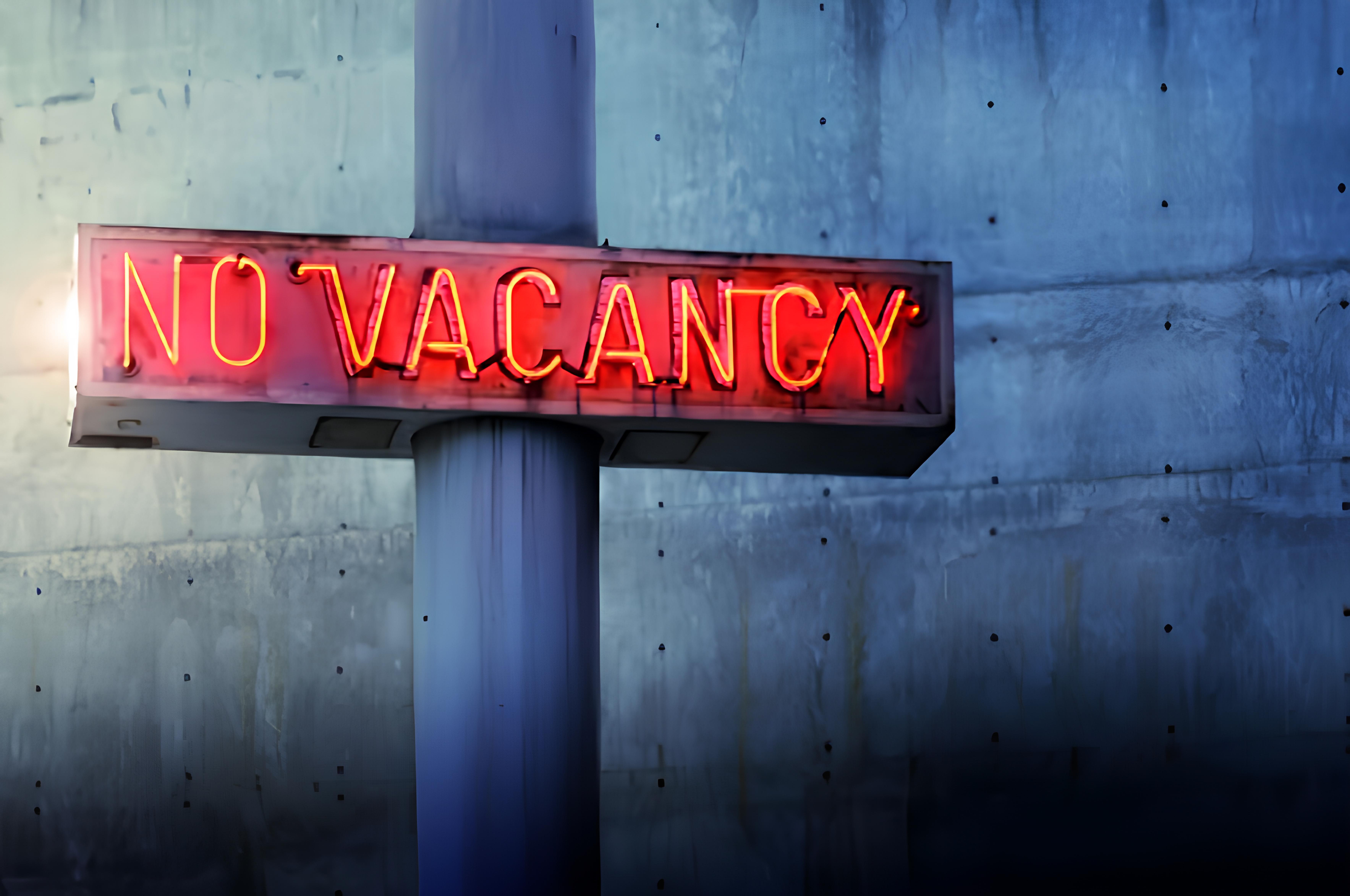
- Resources
- Apply Lean Principles to Autonomous Pricing in Revenue Management
As a Lean Six Sigma Master Black Belt, I understand, bottlenecks are kryptonite to process flow. In revenue management, price recommendations that require calibration or aren’t brought to life autonomously are a barrier that can separate good from great in RM process design. In this blog post, I will elaborate on the importance of efficiency and removing calibration bottlenecks, the impact of rework, and price overrides, and then share some of the ways Luxe Pricing has integrated lean process design into the design of autonomous pricing in our .
Efficiency & Removing Calibration Bottlenecks
Imagine a large concert suddenly announced for a nearby venue. If you don’t have autonomous pricing, you will see a price recommendation requiring your calibration, showing that position and velocity are rapidly changing. This indicates you would have to manually calibrate the system’s pricing recommendations and make modifications.
This manual intervention takes time and introduces the risk of human error: either overestimating or underestimating the demand spike.
An autonomous system, like we’ve designed at Luxe Pricing, will provide price recommendations that pass the “sniff test” of world-class pricing managers and will capture incremental revenue right away. This creates efficiency and eliminates the bottleneck that canrenders waste in the pricing process.
In other words, autonomous pricing systems can respond in real time to market changes, providing price optimization without requiring regular manual adjustments.
In Lean principles, the focus occurs on creating value and eliminating waste. Manual calibration of pricing recommendations is a wasteful activity that consumes time and resources. Implementing autonomous pricing, we streamline the process, lower the likelihood of errors, and ensure every step in the pricing process adds value. This aligns with the Lean principle of continuous improvement, as we aim to make processes more efficient and effective.
Rework & Price Overrides
In revenue management ecosystems, price recommendations often replace even manual pricing overrides that revenue management leaders put in place. In other words, price overrides don’t persist and are quickly reset back to the systems recommendation. This creates rework and adds waste to the process. In Lean principles, we want to ensure each step adds value. Having to re-enter an override because the system overrode it doesn’t add value.
In a well-designed autonomous pricing system, the necessity for manual overrides should be minimal and when they occur it acknowledges that the operator knows best. The system should be able to learn from past overrides and adjust its algorithms accordingly. This decreases the need for rework and ensures the pricing process is as efficient as possible.
In Lean principles, rework is regarded as a form of waste when it involves doing the same work more than once, consuming time, resources, and effort without adding any value. Rework is a significant source of waste in any process, and when revenue leader overrides don’t persist, we have built-in rework in the process. Minimizing the need for manual overrides and rework, true autonomous pricing systems helps to eliminate this waste.
This improves the efficiency of the pricing process while also freeing up valuable time and resources that can be better utilized elsewhere.
Moreover, reducing rework aligns with the Lean principle of "right first time,", emphasizes the importance of getting things right the first time to avoid the need for corrections afterward. Leveraging autonomous pricing systems that learn from past overrides and continuously improve their algorithms ensures pricing decisions are accurate and effective from the outset, reducing the need for rework and improving overall process efficiency.
Autonomous Pricing in HouseCount
HouseCount’s autonomous pricing capabilities ensure properties can react quickly to market changes, optimize revenue, and reduce the need for manual interventions. When manual interventions are needed, HouseCount will always start with “operator knows best” and not only allow the change to persist but also learn how the booking pattern reacts to the change.
This improves efficiency and enhances the overall guest experience, ensuring that prices are always competitive and reflective of current demand.
About The Author
Ben Scholl
Global Partnership Executive
- Recent Posts


Newsletter Signup
Get Hooked! Sign Up to get the latest catch sent to your inbox.
.jpeg.jpg)